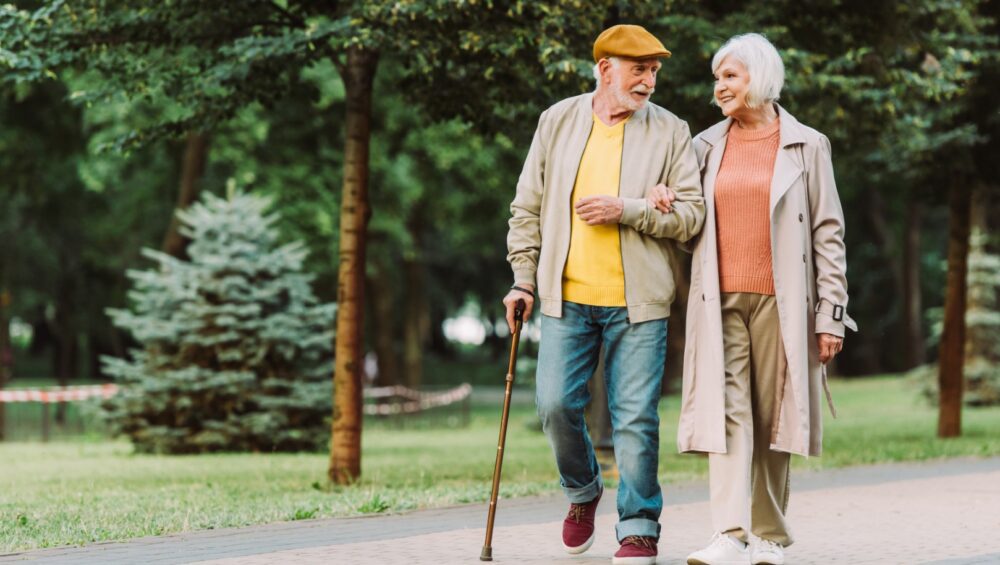As we age, our bodies undergo various changes that can affect our mobility and overall health. One of the most significant changes is the loss of mobility, which can lead to a decrease in independence and quality of life. In this article, we will discuss the top ten tips for preventing loss of mobility.
- Exercise regularly
Regular exercise is one of the best ways to prevent loss of mobility. Exercise can help improve balance, flexibility, strength, and coordination. It can also help prevent falls, which are a leading cause of injury among seniors. Seniors should aim for at least 150 minutes of moderate-intensity aerobic exercise per week and twice-weekly strength training and balance exercises. - Maintain a healthy weight
Being overweight or obese can put extra stress on joints and muscles, which can lead to mobility problems. Maintaining a healthy weight can help reduce the risk of developing mobility problems. - Eat a healthy diet
Eating a healthy diet that is rich in fruits, vegetables, whole grains, lean proteins, and healthy fats can help maintain muscle mass and reduce the risk of developing chronic health conditions that can affect mobility. - Stay hydrated
Drinking plenty of water throughout the day can help seniors stay hydrated and aid in the digestion of food and absorption of nutrients. Dehydration can lead to muscle cramps and other health problems that can affect mobility. - Get enough sleep
Getting enough sleep is crucial for overall health and well-being. Lack of sleep can lead to fatigue, which can affect mobility. Seniors should aim for at least seven hours of sleep per night. - Wear appropriate footwear
Wearing appropriate footwear that provides good support and traction is crucial for preventing falls and maintaining mobility. Seniors should avoid wearing high heels or shoes with slippery soles. - Use assistive devices
Using assistive devices such as canes, walkers, or wheelchairs can help seniors maintain their independence while preventing falls and other injuries. Seniors should talk to their doctor or physical therapist about which assistive devices are right for them. - Keep your home safe
Making modifications to your home such as installing grab bars in the bathroom or removing tripping hazards such as loose rugs or electrical cords can help prevent falls and maintain mobility. - Manage chronic health conditions
Managing chronic health conditions such as arthritis or diabetes is crucial for maintaining mobility. Seniors should work with their doctor to develop a treatment plan that includes medication management, exercise, and other lifestyle changes. - Stay socially active
Staying socially active is crucial for maintaining mental health and well-being. Socializing with friends and family can help reduce stress and improve mood, which can have a positive impact on mobility . Seniors should consider joining clubs or groups based on their interests or volunteering in their community.
Unfortunately, loss of mobility is a significant concern for seniors as it can lead to a decrease in independence and quality of life. By following these tips outlined above along with other tips mentioned in this article such as staying socially active or managing chronic health conditions can help seniors maintain their independence.





